Graham Reid | | 2 min read
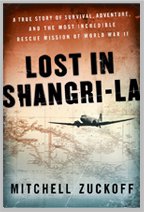
As with many of his generation,
American president Franklin D. Roosevelt had been taken by the idea
of “Shangri-La”, that tolerant refuge from a troubled world James
Hilton had written about in his 1933 novel Lost Horizon and
which Frank Capra had adapted four years later for his enormously
popular film of the same name, released as the world was tumbling
towards another great global conflict.
Roosevelt quoted from Hilton's novel
during a speech in Chicago in 37 (the passages about “a time when
men, exultant in the technique of homicide, would rage so hotly over
the world that every precious thing would be in danger”) and it is
said when asked where the planes had come from which bombed Pearl
Harbor he replied, somewhat inappropriately, “Shangri-La”.
The notion of a remote utopia of
tolerance must have been appealing in wartime – it is even in
peacetime – so when American troops in the outpost of Hollandia,
today's Jayapura, in New Guinea heard of a hitherto unexplored valley
in the mountains it became known by that name. And supply planes
would take men and women on their days off for a low swoop over the
place where tribal people had lived in useful ignorance of the rest
of the world for possibly thousands of years.
It was on one such junket – 24 men
and women on a happy fly-over in May 1945 – that tragedy struck.
The plane ploughed into a cliff at the head of the Shangri-La valley
leaving only four survivors (one of whom died within a day).
And so begins Zuckoff's remarkable
story of a collision of cultures; the walking wounded which included
a glamorous WAC Margaret Hastings, and headhunters constantly at war
with each other who divided their world into themselves, their allies
and their enemies.
Previous flights had observed the
valley's inhabitants – who made no connection between the wounded
and the noisy metal birds overhead – but nothing was known about
them.
When the survivors – bleeding,
gangrenous and suffering from burns – crawl from the wreck and down
the mountain they are observed by dozens of mostly naked men (just
penis sheaths) who watch and wonder if these battered things caked in
mud (khaki) are the white gods they have been expecting.
In a sense rescue is not far off and
within days the survivors have been sighted, supplies (mostly useless
in the circumstances) dropped and then a party parachutes in. But the
tension here is in the standoff encounters, some of which go
hilariously wrong but potentially dangerous through cultural
misunderstandings, and that getting out of Shangri-La is much harder
than getting in.
Zuckoff writes with like a filmmaker –
he shifts scenes between Hollandia, the tribal people, the survivors
and their families in the States – but also weaves through
anthropological information (the gift of a knife takes the tribal
people from Stone Age to Iron Age in an instant) and keeps the
tension going until the improbable rescue.
He also has the novelist's ability to
create convincing characters by the accumulation of detail as much as
biographical information, and although a quick ripping yarn in some
senses there are passages – especially when he speaks of the valley
people – which give you pause for thought.
It also tell us something of the
media's desire to create heroes and the aftermath when the rescued
returned home, and it is quite some story which manages to
incorporate Roosevelt, a much married character actor who appeared in
Hopalong Cassidy movies and the ex-wife of William Randolph Hearst in
passing.
This would make a great film – but
this Shangri-La would be nothing like the one in Lost Horizon.
It's much wetter, dirtier and more dangerous for a start.


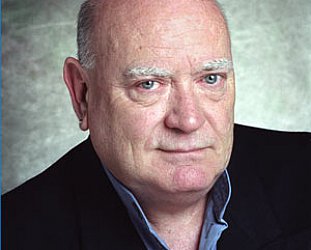
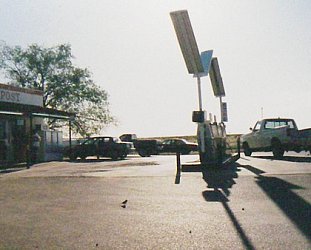
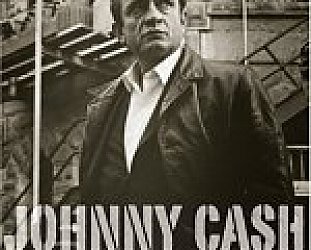

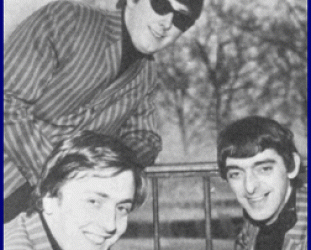
post a comment